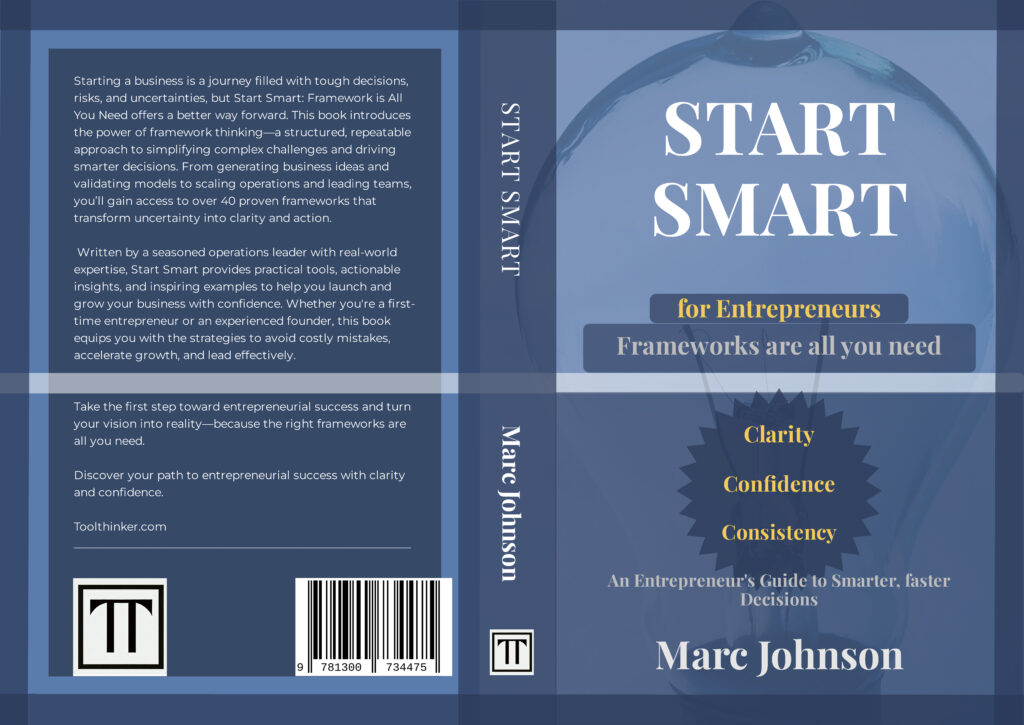1. Micro and Early-Stage Businesses

Characteristics
-
Startups or sole proprietorships
-
Fewer than 10 employees and limited revenue.
-
Operate with basic resources
-
Simple, highly centralized management structures.
Benefits
-
Survive the early storm
-
Achieve product-market fit
-
Implement Initial growth tools
-
Customer acquisition
-
Brand Establisment
-
Develop consistent cash flow
Framework Package
These frameworks support foundational planning, experimentation, and goal-setting without requiring extensive resources.
2. Growth-Oriented Small Businesses

Characteristics
-
More established
-
10-50 employees
-
Consistent revenue
-
Clearer target markets
-
more structured management approach
-
Expansion or scaling is a common focus
Benefits
-
Scale operations
-
Process optimization
-
Enhancing customer experience
-
Clear organizational roles
-
Growth management sustainably tools
These frameworks facilitate delegation and support operational scaling.
3. Established and Complex Small Businesses

Characteristics
-
50-500 employees
-
Multiple revenue streams
-
Large teams
-
More complex operations
-
May operate across regions
-
Have dedicated departments or specialized roles
Benefits
-
Optimizing efficiency
-
managing risk
-
ensuring sustainable growth
-
Strategic planning
-
Structured performance management
-
Competition and regulatory management
More comprehensive frameworks allowing for a holistic view of performance and a structured approach to competition and risk management.
More Resources
About this book
Start Smart: A Framework Thinking Guide for Entrepreneurs transforms the way you approach business, offering proven frameworks to guide every step of your entrepreneurial journey. From sparking ideas and validating opportunities to crafting a strategic business plan and scaling for growth, this practical guide delivers clarity, structure, and actionable insights. Designed for aspiring entrepreneurs, first-time founders, and seasoned business owners alike, this book empowers you to make smarter decisions, mitigate risks, and unlock long-term success. Start Smart is your blueprint to building a thriving business in a structured, efficient, and impactful way.”
Table of Contents
ToggleBenefits
Clarity and Confidence in Decision-Making The book introduces proven frameworks that simplify complex challenges and provide clear, step-by-step processes to guide your entrepreneurial decisions.
Efficiency and Time-Saving By leveraging pre-built frameworks like the Lean Canvas, Business Model Canvas, and SWOT Analysis, you save time and effort in tackling common business challenges.
- Risk Reduction and Sustainable Growth The book equips you with frameworks to identify, analyze, and mitigate potential risks
